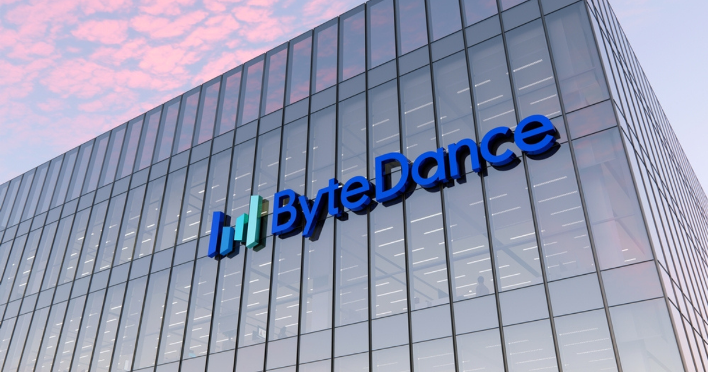The first high-speed train in Africa is flashing along the Atlantic coast of Morocco.The French-made double-decker TGVs are being tested ahead of the launch of a flagship new line connecting Tangier with Morocco’s economic capital Casablanca in 2018.
Check also: Morocco Is building The largest Concentrated Solar Power Plant In The World
The new trains can reach speeds of 200 miles per hour. They will cut the journey time between the two cities by more than half — to just over two hours.
The $2 billion project has been in development for a decade, funded by the governments of Morocco, France, Saudi Arabia, Kuwait, and the UAE.
King Mohammed VI and the Moroccan government expect the trains to deliver wealth and prestige for the country. But opponents claim they are an expensive folly.
Speculate to accumulate
High-speed trains fit within a wider program of infrastructure spending in Morocco, including the world’s largest solar power plant and several major ports, that is intended to stimulate a sluggish economy.
“The Government is continuing its reforms and major investments to improve the business climate and attract foreign investors,” reported the African Development Bank in its “Economic Outlook 2016” for Morocco.
“We aim at six million passengers a year after three years of commercial operation, instead of three million currently,” said Mohamed Rabie Khlie, director general of national rail operator ONCF, in a recent interview with Le Monde. “This should enable us to achieve an operating margin that far exceeds that of conventional trains and will justify the development.”
The director general went on to add that growing passenger numbers had caused “saturation of the network,” making the new line a necessity. He denied that an upgraded service would lead to high costs for passengers.
“We will run trains intended for Moroccans and thus adapted to the purchasing power of Moroccans,” said Khlie. “We do not want a train reserved for high-end customers.”
Risk and reward
The new trains carry risks as well as rewards, according to Zouhair Ait Benhamou, an economic analyst at the Financia Business School in France.
“The ONCF business model is based on the French model in which trains are heavily subsidized,” he says. “If the number of passengers does not materialize in two to three years, the government will have to provide subsidies.”
The government will hope to stimulate new economic activity in areas along the route, according to the analyst.
“I suspect there are some places the government wants to develop as new tourist areas,” says Benhamou. “They could also attract an automaker to build a facility. Peugeot is thinking about creating a plant in Kenitra, and if the high speed train goes through this city it would create a logistics hub for them.”
The new train line will impress foreign investors
They are likely to remain wary of Morocco, according to Riccardo Fabiani, a senior analyst at the Eurasia Group.
“If you are a businessman deciding to install an operation in Africa and you are torn between Morocco and another country, this kind of modern world-class infrastructure could help tip the balance,” he says. “But there are other problems with the domestic economy.”
Fabiani cites poor governance and corruption as major concerns, as well as “human capital” issues such as a severely under-performing education system. These issues reflect the priorities of a government which is comfortable with uneven development, he believes.
“The current authorities are replicating the colonial model of looking at some areas like Tangier and Casablanca but forgetting the rest of country,” says the analyst. “So there is world class infrastructure in one area and untarred roads in others.”
Not all aboard
Such disparities have fueled the “Stop TGV” campaign, a coalition of activists arguing that the investment could be better used for failing public services.
“Morocco is a poor country and the top priority should be education,” says Omar Balafraj, a leader campaigner and member of parliament for the Federation of the Democratic Left party.
Balafraj tells a joke that he feels captures the folly of the project: “A man meets a homeless man who is almost naked, and asks him what he needs. He answers: ‘only a ring.'”
But despite such reservations, the project is almost certainly too far advanced now to be stopped in its tracks.
The high-speed Tangier to Casablanca service will soon be welcoming its first passengers.
Source: CNN
Check also;
- Ethiopia Announced Plans To Build A $4 Billion Mega Airport
- Meet The 35 Year Old Ethiopian Man Who Built His Own Aircraft From His Home
- Uganda Among The First African Countries To Build A Successful Commercial Solar Powered Cars
Please use the button below to contribute to Newslex Point, Inc. using a credit card or via PayPal.

 Newslex Point News in Uganda, Uganda news
Newslex Point News in Uganda, Uganda news












